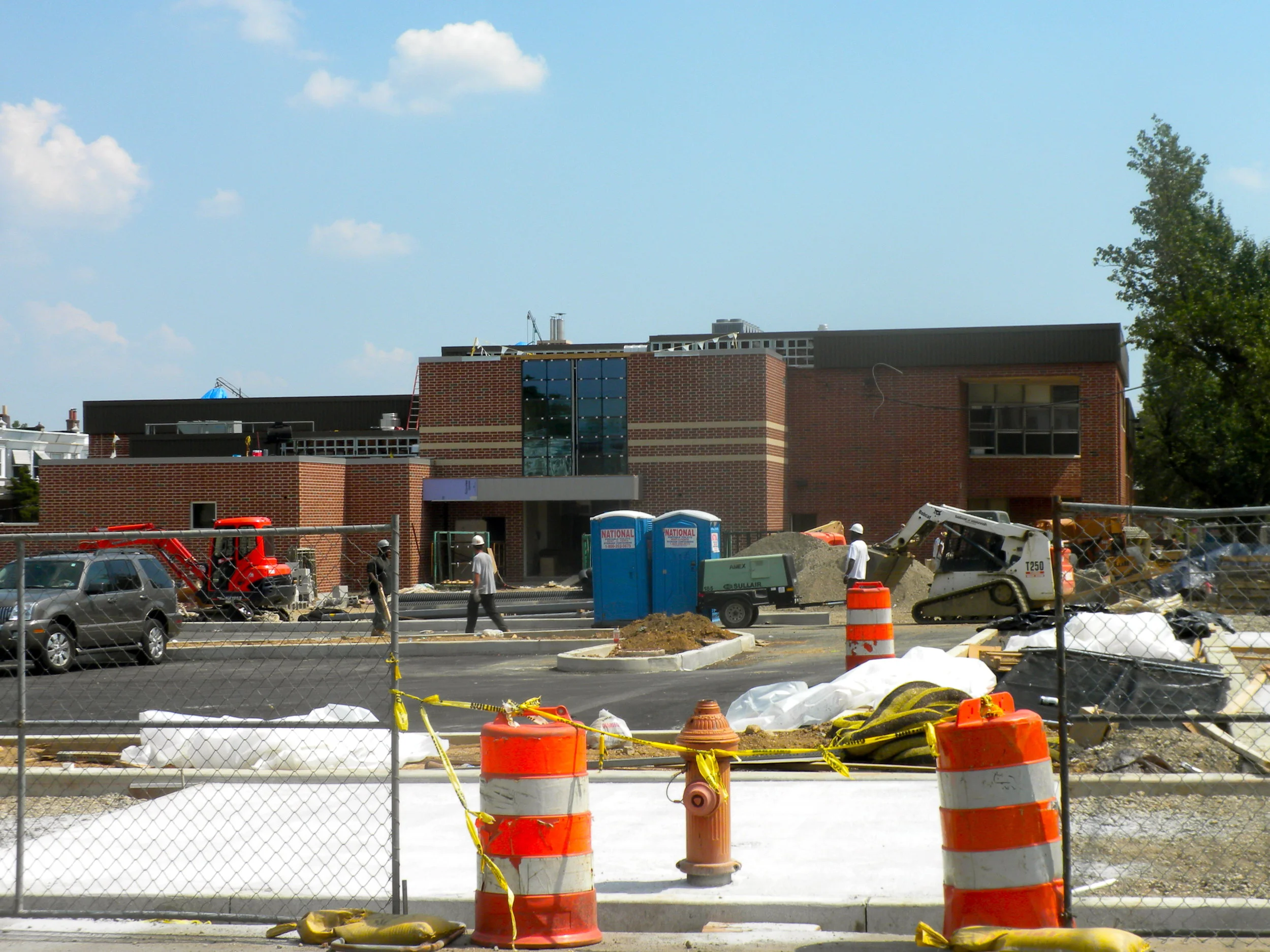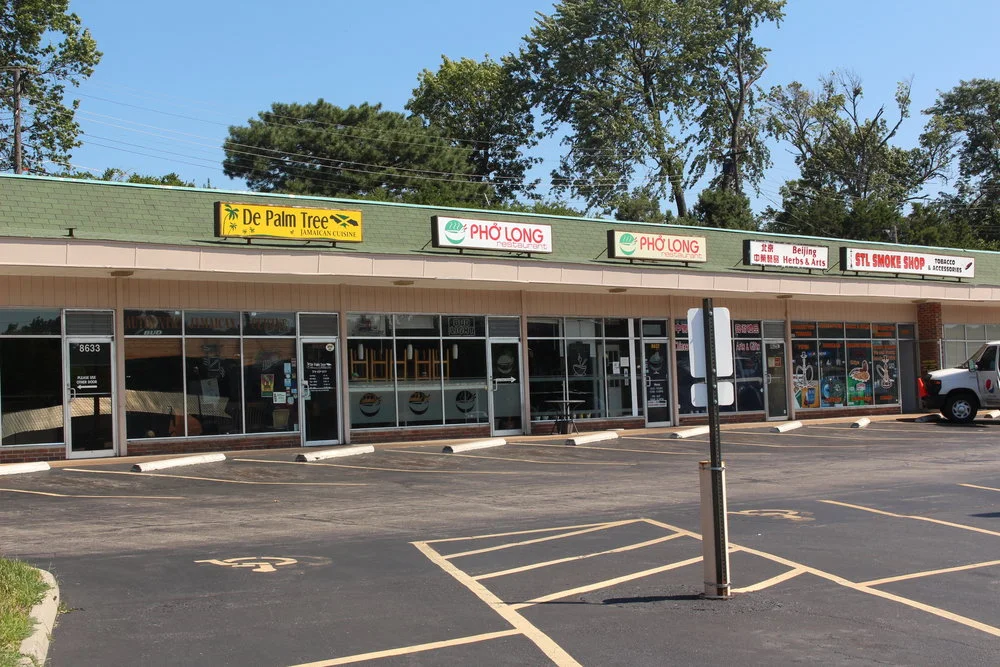The test used to evaluate tax incentives is full of holes. Not surprisingly, this has led to problems, and not just in Kansas City. Here’s how to know whether tax incentives will be generating new economic activity…or just moving money around.
Read MoreTax incentives are a powerful weapon to attack urban problems. But Kansas City—like many cities—has a history of using them recklessly and ineffectively: more “Ready, Fire, Aim” than “Ready, Aim, Fire.”
Read MoreWe have to stop looking at the stagnation and decline of our blocks and neighborhoods as a normal part of the development process.
Read MoreLeander, Texas, a suburb of Austin, is a quiet bedroom community that recently found itself with a commuter rail station. Can it afford to waste the opportunity to create the transit-oriented downtown it never had?
Read MoreRichmond, Virginia’s proposed Navy Hill redevelopment would reinvent 10 blocks of the city’s core out of whole cloth, aiming for greatness in one fell swoop. The top-down, master-plan approach to city building is seductive. But it is also fragile.
Read MoreEvery week we spotlight one answer from the Strong Towns Knowledge Base. This week: what do we think about tax-increment financing (TIF), and why?
Read MoreUsing tax incentives to subsidize retail is a lose-lose game that St. Louis's suburbs, desperate for short-term revenue, have been playing for too long. University City is mortgaging its future and selling out its small businesses with a $70 million subsidy for big-box development.
Read MoreUniversity City, Missouri, is on the verge of a terrible decision: a redevelopment deal that would displace dozens of homes and minority-owned businesses in its unofficial “Chinatown” for big-box retail subsidized through tax-increment financing.
Read MoreAkron, Ohio’s subsidies for redevelopment of the failed Rolling Acres mall are a textbook case of the sunk cost fallacy: the tendency to examine new opportunities not on their own merit, but in the context of past investments.
Read MoreFerguson, Missouri is still relying on so-called “fines and forfeitures” for a significant amount of its revenue.
Read MoreThe gas tax doesn't cover highway costs, killing our will to build more stuff, an infrastructure "surge" in North Dakota, school district says "no" to gambling and teenage gypsies trying to earn a buck.
Read MoreWe have to stop looking at the stagnation and decline of our blocks and neighborhoods as a normal part of the development process.
Read More











